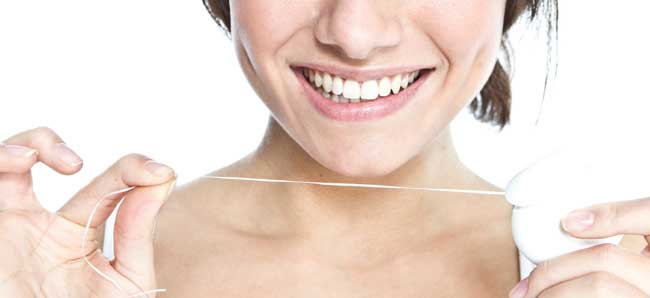
There is nothing worse than feeling the pain of a toothache creep into your mouth. In honor of National Toothache Day (February 9th), let us delve into toothache symptoms, what it could mean, and some things you can do to help with pain, as well as prevent toothaches from happening.
Symptoms
Since a toothache is a common problem, it comes with a lot of symptoms too. Some of these include:
- Throbbing pain
- Sharp pain
- Pain when pressure is applied
- Pain when exposed to hot or cold temperatures
If any of these symptoms last longer than 1-2 days, it’s time to see your dentist for further examination.
Causes
Unfortunately, it can be hard to pinpoint what’s causing your toothache since so many issues can cause them.
Tooth Decay and cavities are very common. When you eat foods, especially ones that have a lot of sugar, you’re feeding the bacteria in your mouth. As the bacteria eat, they produce acid, which damages tooth enamel. Typically, you won’t feel pain until the acid eats past your enamel and reaches the nerves underneath. If you are to the point where you feel pain, you will most likely need a filling, crown, or root canal (depending on the amount of damage).
How to Prevent Cavities
- Avoid sugary foods. One of the best solutions is to not give the bacteria what they want. Avoiding foods that are sugary or made of simple carbohydrates will give them less fuel to create the acid that damages your teeth.
- Use products that have fluoride. Most toothpastes already contain fluoride, and you can top off your dental hygiene routine by rinsing with a fluoride mouthwash. Fluoride can even help rebuild lost enamel caused by tooth decay.
- Brush and floss daily. This prevents plaque from turning into tartar, which causes tooth decay and gum disease (gingivitis). Additionally, visit your dentist to keep up with your routine teeth cleanings.
Bruxism/Teeth Grinding:
Bruxism (clenching or grinding your teeth) can damage your teeth. You might be experiencing bruxism if you have sore teeth; a sore or swollen jaw; significant tooth wear; or find yourself clenching your teeth without having been aware of doing so. If you have these symptoms, there a few things you can to do help prevent this from continuing.
- Get fitted with a night guard. Your dentist can diagnose that you grind your teeth while you sleep, and prescribe the proper type of mouth protection to prevent pain and damage to your teeth.
- Adjust your bite. Your bite may be causing only certain teeth to touch, putting more strain on those particular spots. Further examination by your dentist will determine what actions need to be taken from there.
- Relax! Stress can play a huge factor in clenching your teeth. See our previous blog post for more information on this subject.
Cracked tooth or missing filling:
Cracked teeth—or a lost filling or crown—can expose the inner tooth pulp to irritation by food and hot or cold temperatures. If left untreated for too long, cracks can grow, creating a split tooth and making a fix unlikely. To avoid cracked teeth, follow these tips:
- Don’t chew on hard foods, like ice cubes, hard candies, or other objects like pens or jewelry.
- Wear mouth protection when playing physical sports.
If you notice a crack or missing hardware, set up a time to visit your doctor as soon as possible to prevent any further damage. Until you can see your dentist, there are few things you can do to help with the pain. One option is to take over-the-counter anti-inflammatory medicines like ibuprofen or acetaminophen. (Always read the directions to ensure you are able to take it!) You can also put clove oil on a cotton swab and apply it to the affected area. Apply a cold press if you notice swelling. Remember, these are just temporary solutions to your pain, and you will need to go to your dentist if the pain persists for more than 1-2 days.

